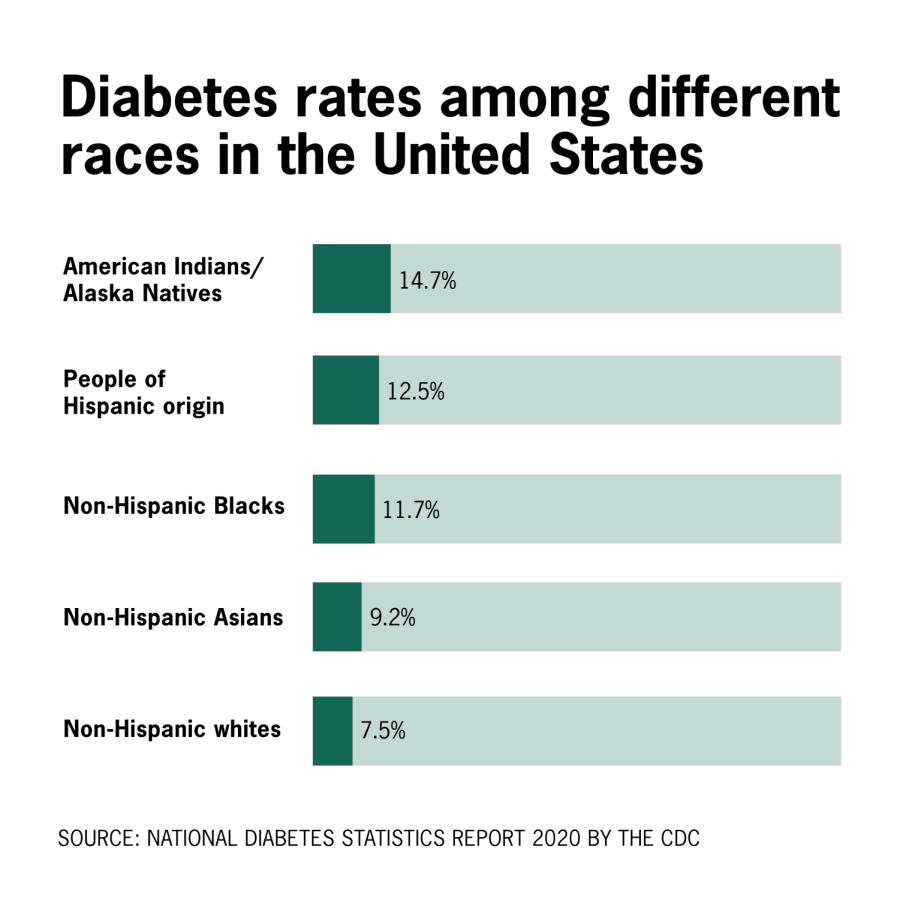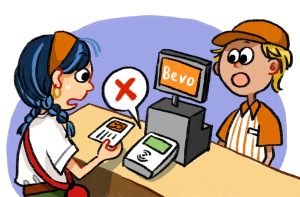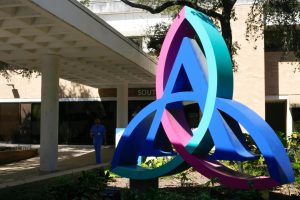Bilingual program addresses health disparities in East Austin
October 5, 2022
UT’s Latino Research Institute partnered with the YMCA of Austin to produce ¡Salud, Salud!, a bilingual program addressing health disparities in Austin’s “Eastern Crescent” over the course of seven months.
In the Eastern Crescent, financially disadvantaged communities often have limited access to healthy foods and clinics, and as a result, diabetes and heart disease rates among these communities are higher, said principal investigator and director of the Latino Research Institute Deborah Parra-Medina. Actively recruiting until September 2024, the program caters to individuals ages 12 and older with Type 2 diabetes, and focuses on instilling lifestyle changes within participants while providing emotional support through the process, she said.
“So what we’re trying to do is to target the program to that community that’s in highest need,” Parra-Medina said. “It’s bringing the program to where they live.”
Parra-Medina said the program involves an educational curriculum offered in both English and Spanish, where participants complete an online educational model at least once a week for 12 weeks. She said during this time, they are allotted a free six-month pass to utilize YMCA facilities and meet with a trained community health worker who assists them.
“In the program, we focus on how you manage diabetes with dietary change (and) physical activity,” Parra-Medina said. “How you have to monitor your blood sugar regularly and we also focus on stress management.” .
¡Salud, Salud! also involves the participant’s family to maintain a support system for participants, Parra-Medina said.
“We’ve worked with the YMCA to develop this program so that the whole family would come and learn together as a family,” Parra-Medina said. “They would learn about nutrition, practice healthy recipes and exercise together.”
Ultimately, the program is working toward improving the quality of life for families from minority backgrounds, said Vanessa Sweet, senior director of integrative health at YMCA of Austin.
“There’s a lot of work that shows how the diabetes self-management programs are successful,” Sweet said. “But there isn’t a demonstration or evidence showing whether it’s equally effective in minority populations.”
¡Salud, Salud! hopes to address this issue by framing the program in the cultural context of its participants, Parra-Medina said.
“This program is designed to be culturally and linguistically tailored to the needs of the Hispanic community,” Parra-Medina said. “So we designed this program to address, for example, some of the dietary patterns and food preferences of Hispanics based on their cultural preferences.”
The organizers said they hope participants can utilize the program to foster a healthy life.
“It’s difficult to be in a place where you don’t have access to something or have low income and can’t afford to go to the YMCA or any other gym,” said Alejandra Gutierrez, a human nutrition graduate student at Texas State University who also works with ¡Salud, Salud!. “To know that you have that opportunity, it’s going to make a change.”
















